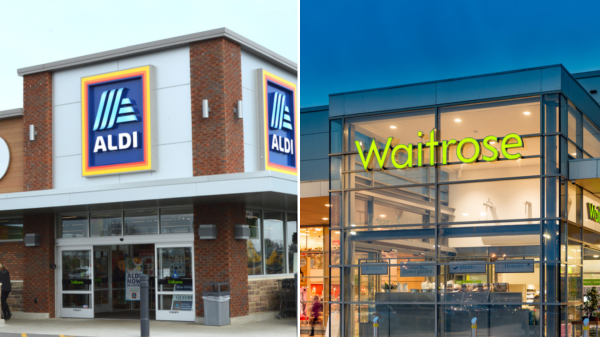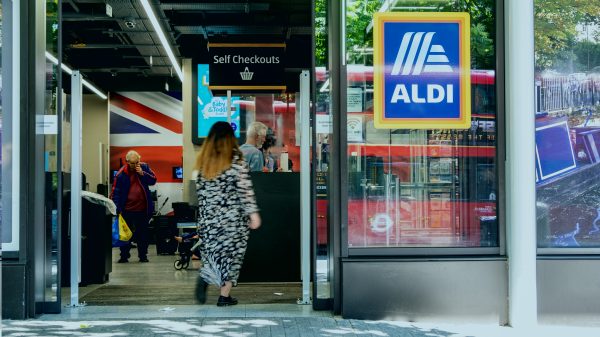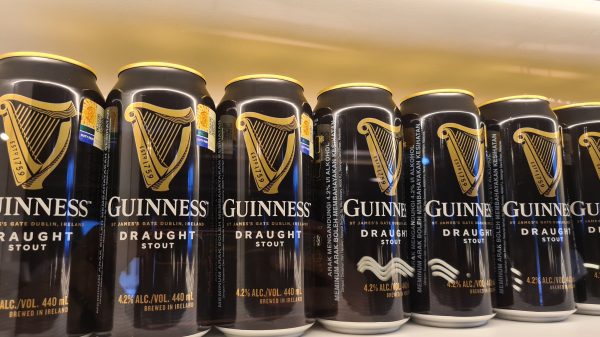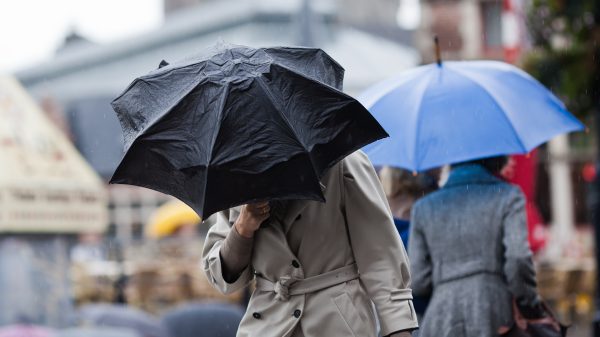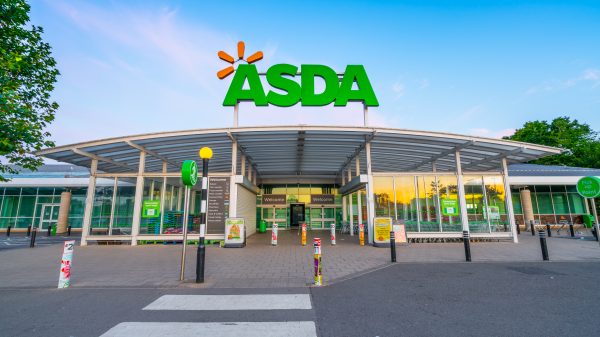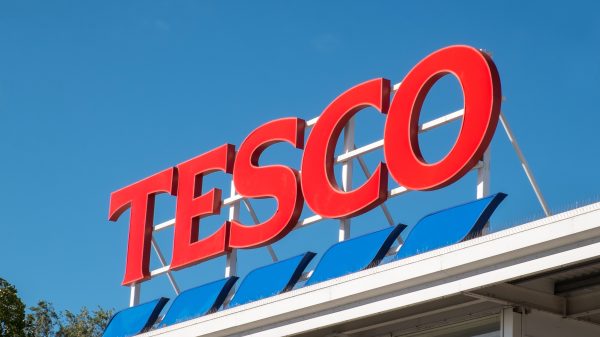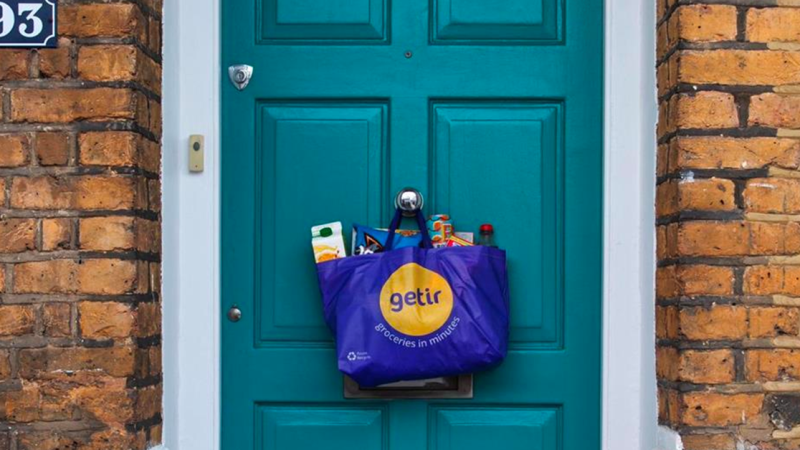Environmental campigners are urging the UK government and grocery retailers to do more to tackle plastic pollution in food supply chains.
According to Environmental Investigation Agency (EIA)’s new report, which questioned all leading UK supermarkets, only discount grocer Lidl said it has sufficient information about the impact and risks of agriplastic pollution on the environment and human health.
While all supermarkets had engaged with suppliers on the issue through trials, raising awareness or third-party certification standards, each one was lacking on measurable objectives, company-level sourcing policies and funding.
The report found that while many retailers have objectives to reduce the amount of plastic packaging used in their stores, they are failing to help farmers and growers eliminate the damage caused by agriplastics in the production of foods such as fruit and vegetables.
Agriplastics, which are used for protective greenhouse covers, plastic mulching, netting, pipes for irrigation and silage films increase short-term crop yields and extend local growing seasons.
However, they can also reduce long-term productivity by deteriorating soil quality and contiminating land, rivers, the ocean and air quality.
Subscribe to Grocery Gazette for free
Sign up here to get the latest grocery and food news each morning
Aldi, Asda, Co-op, Sainsbury’s, Lidl, Waitrose, Tesco, M&S and Morrisons all said there was a need for a sector-wide intiative dedicated to tackling agriplastic pollution, however only Tesco and Sainsbury’s said they were ‘very concerned’ by the issue.
EIA also found that only Waitrose and Aldi are currently funding any projects trying to reduce pollution resulting from plastic in farming.
“These findings are very concerning, given that major supermarkets have global purchasing power across international supply chains and help create the system in which the farmers and growers of our food operate,” EIA senior ocean campaigner, Lauren Weir said.
“They have other sustainability targets, including plastic packaging reduction targets. but little or nothing regarding the plastics being used by their suppliers to cultivate food and the devastating pollution that results.”
She explained that while agriplastics only account for 3.5% of annual global plastic usage, they cause “devastating” pollution.
“It extends far beyond farmland, especially if mismanaged at the end of life – whether burned, buried, dumped or illegally exported.”
Other than an unsupported agriplastic burying and burning ban, the UK government currently has no policy to address the issue.
Wier added: “Against the backdrop of growing awareness of UK food supply chain resilience and food security and the damage done by plastic pollution, we need the Government to address agriplastic use and support better waste management properly.
“We need genuinely sustainable alternatives and for those with the purchasing power, such as our major grocery retailers, to take unified action across their international supply chains to ensure the UK’s food supply chain does not result in driving damage in other sourcing regions.”

